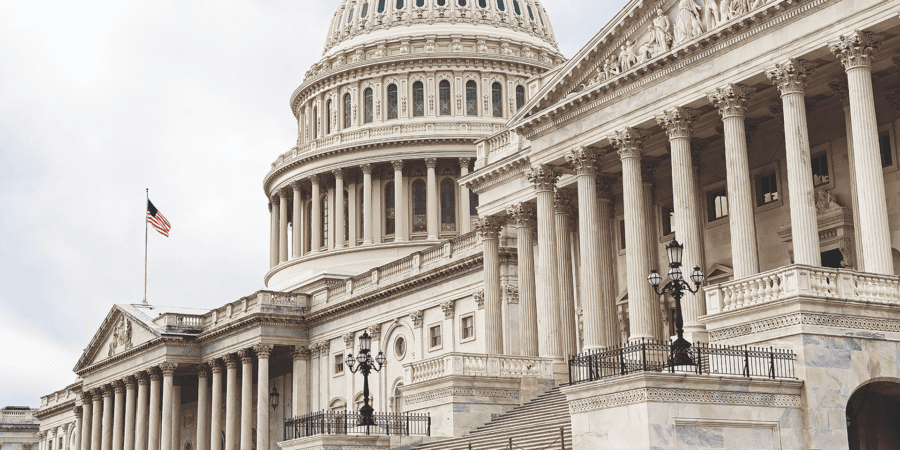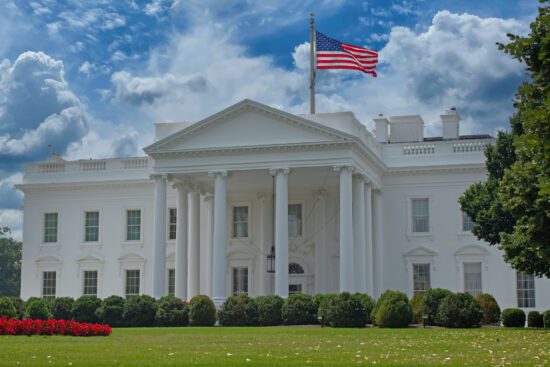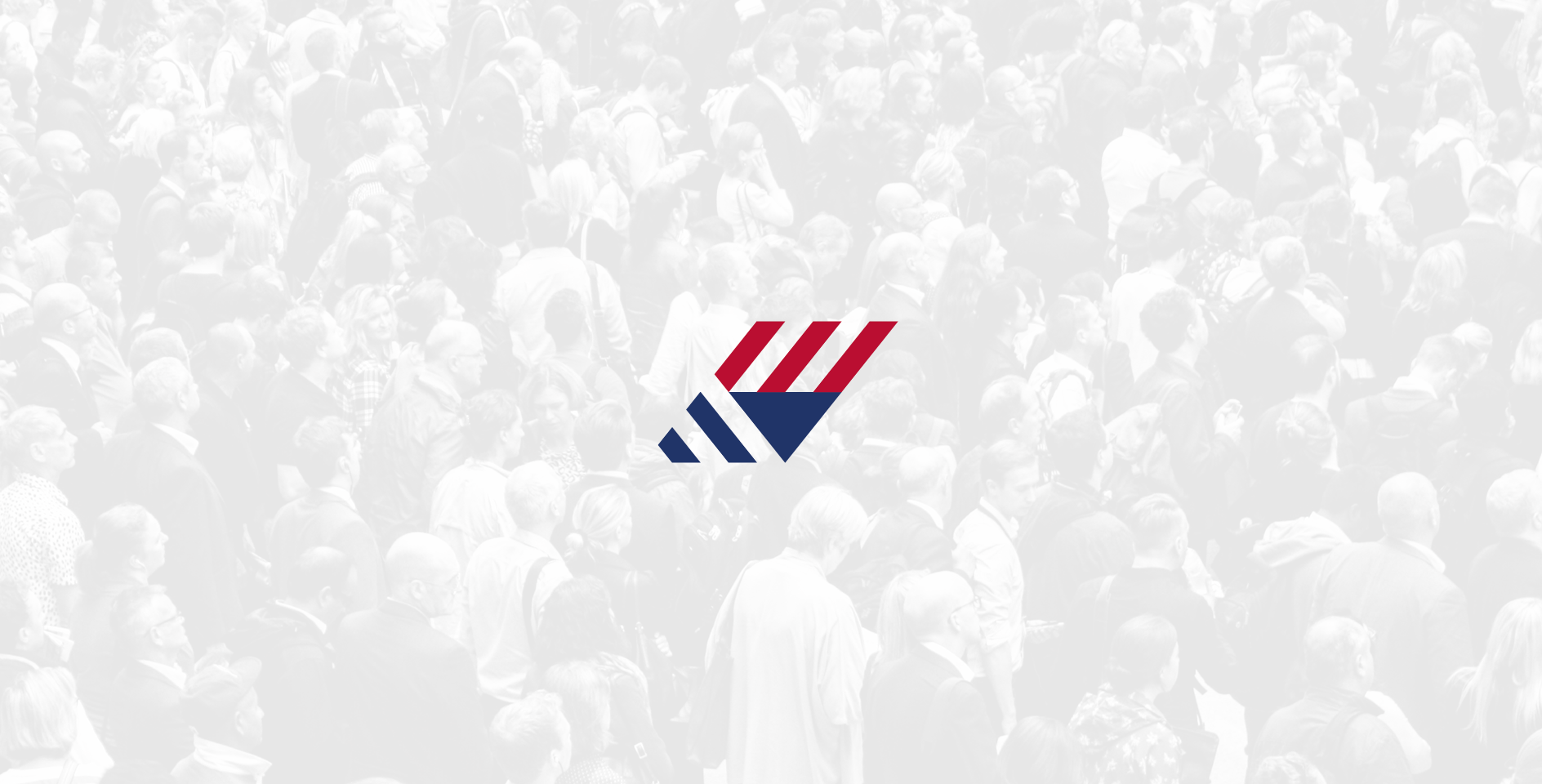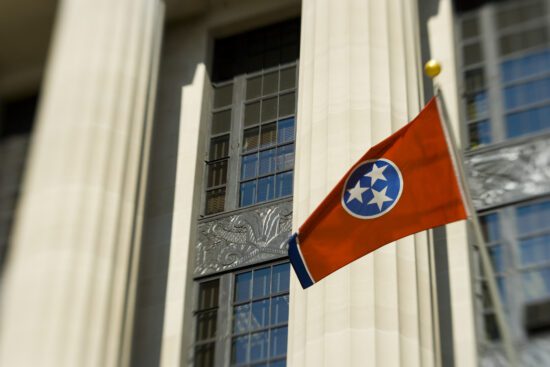Yes, following Article 15 of the Baptist Faith and Message, the ERLC works with coalitions “in any good cause” “without compromising [our] loyalty to Christ and His truth.” The ERLC works with coalitions only when we determine it advances the work of an issue important to Southern Baptists and the causes they care about. When working with coalitions, the ERLC doesn’t receive money from the coalitions, doesn’t give money to the groups involved except to fund specific projects, and is not accountable to those groups.
In our policy work, coalitions simply refer to multiple organizations coming together around a shared objective on a specific issue. Through coalitions, meaningful efforts have a greater impact—such as the ERLC’s work opposing federal funding of abortion and gender transitions—making lasting change more likely to be enacted.
The ERLC frequently works with other groups who align on specific issues that matter deeply to Southern Baptists. The organizations do not fundamentally agree on everything, but work together to advance good policy or advocacy on a case-by-case basis. Some other examples of this type of work include the ERLC’s work on domestic religious liberty issues, where the ERLC works with groups who specialize in religious liberty legal work efforts, and various non-Southern Baptist pro-life groups fighting for the end of abortion and the protection of preborn lives.
Participating in coalitions amplifies the impact of Southern Baptists. Not every government office is amenable to the priorities of Southern Baptists, but a coalition shows broad support for specific issues, helps the ERLC advance Southern Baptist concerns, and is a faithful application of Article 15 of the Baptist Faith & Message.
Visit erlc.com/faqs for more answers to frequently asked questions.









